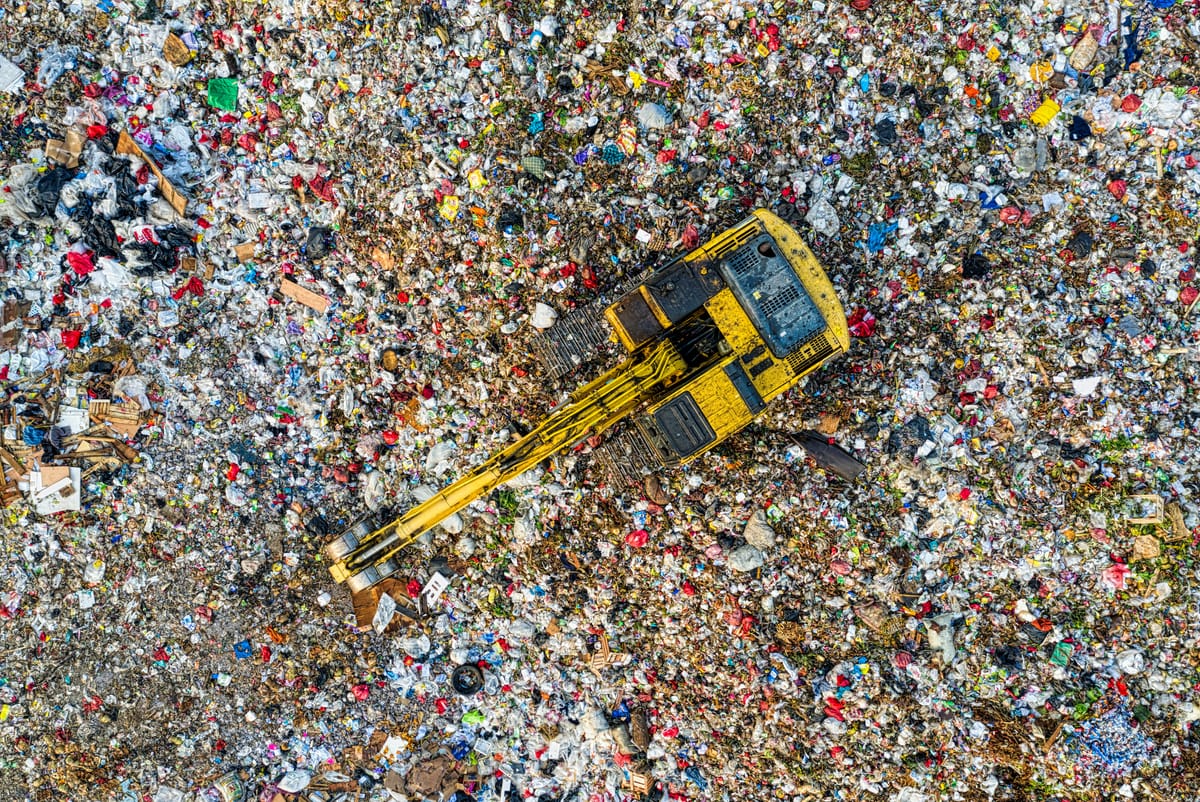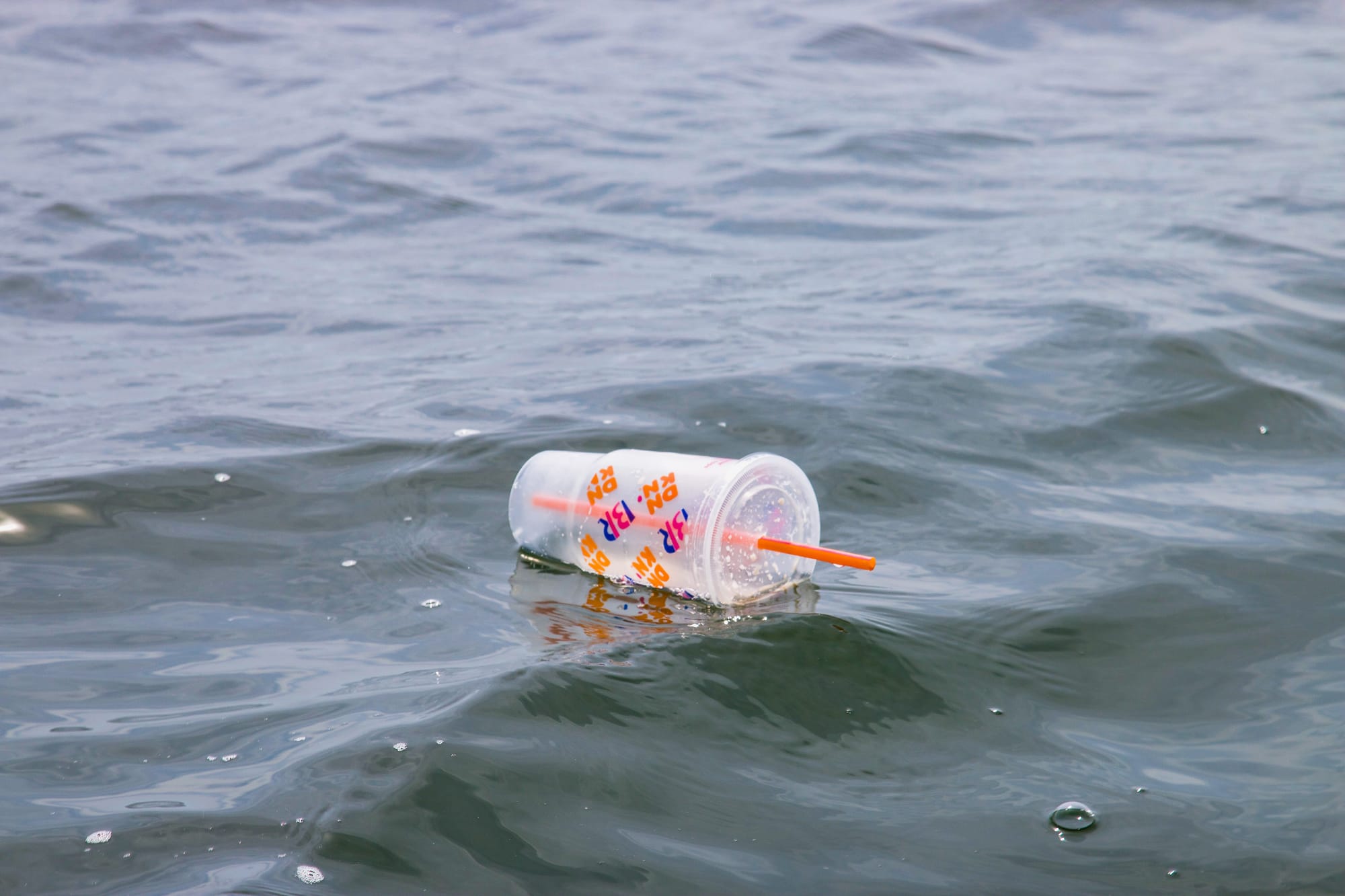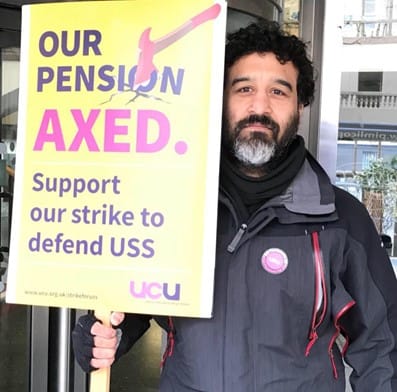One Use, Five Hundred Years in a Landfill
On the government’s proposal to combat plastic waste, and why they need to do more.

How many times have you used a plastic fork for a single 20-minute meal and then immediately thrown it out? Or picked up a plastic stirrer to stir some sugar into a coffee, then thrown that out? Or grabbed a pack of plastic cups from the supermarket to be used for a single party, and had them all thrown out too? Easy, isn’t it?
Well, those individual single-uses of plastic utensils contribute to our collective global 300 million tonnes of plastic waste every year, and that number isn’t shrinking. This plastic waste ends up in landfills, taking up much-needed space, but also in woodland, rivers, oceans, etc., having harmful effects on the natural world. Most of us already know this; these facts and statistics could almost be considered common knowledge. Regardless, it’s not easy to change habits – even those only developed in the last 50 years or so. The extent of many individuals’ attempt at positive environmental change is simply to buy a set of metal straws.
In the last few years, following the rise in awareness surrounding climate change and related environmental issues, many businesses have taken initiative towards reducing their plastic waste. Large corporations have made small modifications to the way they function on a consumer level, examples being McDonald’s removing their plastic straw dispensers and H&M taking in old clothing to ‘reuse and recycle’ in exchange for clothes vouchers. These acts look good on the surface, but don’t actually contribute much in the grand scheme of things. Plastic straws and packaging still litter landfills, and fast fashion prevails throughout the fashion industry.
The pandemic has also had a detrimental effect on the environment. While CO2 emissions fell by a small amount due to the lack of travel, our global plastic consumption rose, mainly in the form of PPE, food take-out containers and cutlery, and packaging from online shopping deliveries. The percentage of recyclable and recycled plastics being used have also dropped, and economic rebound around the world will likely involve increased carbon emissions, increased fossil fuel consumption, and higher rates of pollution than before the pandemic began.
... the problem is not the action itself, but the failure to proceed with it sooner
The UK government has recently proposed a nation-wide ban on a number of single-use plastics in cutlery, packaging, and other items, as well as a £200 tax on each ton of plastic packaging produced containing less than 30% recycled material. This follows their 10p charge for plastic carrier bags, which did significantly reduce sales of single-use carrier bags around the country. Blanket bans and taxes essentially force corporations to look for alternatives, such as reverting back to paper and glass packaging, or investing in biodegradable plastics, while maintaining their position against competitors. This could be convenient timing given that most businesses are being remodeled post-pandemic. Unfortunately, the packaging tax only comes into effect in April 2022, and the single-use plastic ban has yet to be approved by Parliament.
Some may argue that this move is much too little, too late, and the UK government lags behind the EU, who have implemented their single-use plastic restrictions from July of this year. The official EU website states: ‘single-use plastic plates, cutlery, straws, balloon sticks, and cotton buds cannot be placed on the markets of the EU Member States. In addition, the same measure applies to cups, food and beverage containers made of expanded polystyrene, and all products made of oxo-degradable plastic.’

In our current economy, it is, of course, a tall order to eliminate ALL single-use plastics, but those products that can feasibly utilise environmentally friendly alternatives should do so. Any institutional move towards a greener economy and improving eco-friendliness is surely a welcome one. However, the problem is not the action itself, but the failure to proceed with it sooner and failure to take further action in tackling climate change.
Another substantial source of plastic packaging is supermarkets, which sell enormous amounts of consumables that need to be kept fresh and protected from bacteria and viruses (particularly during Covid). These plastics aren’t technically single-use – they’re used as storage for extended periods of time – so they won’t be included in the ban, but they still contribute significantly to plastic waste. It is difficult for supermarkets to control this, due to products being sourced from a variety of suppliers. While some have made efforts to improve eco-friendliness (e.g., using cardboard instead of plastic), the majority of food packaging gets trashed anyway, especially since recycling requires the materials to be clean.
Supermarket corporations might do well to consider reverting back to a more ‘old-fashioned’ system where they can, in which customers collect supplies from large dispensers, using their own containers. Zero-waste stores have adopted this on a small scale for products such as shampoo, seeds and nuts, and pasta. However, these stores tend to be much more expensive than your average Tesco or Sainsbury’s and have limited options by comparison.
While these policies will have economic impacts on the food & beverage and hospitality industries, won’t the environmental benefits outweigh the cost? They may require us to start buying more reusable utensils and containers to carry around, but the amount of energy and resources that go into making those once will be minute compared to the amount used to producing single-use packaging over and over again, and they will be much less polluting in the long run.
Scientific studies will tell us that we’re past the point of no return, that nothing an individual person does can make a difference, but why should that stop us reducing, reusing, and recycling? Until governments and corporations start making better choices and moving towards significant change, all we can do is try to make as many eco-friendly choices as possible.










